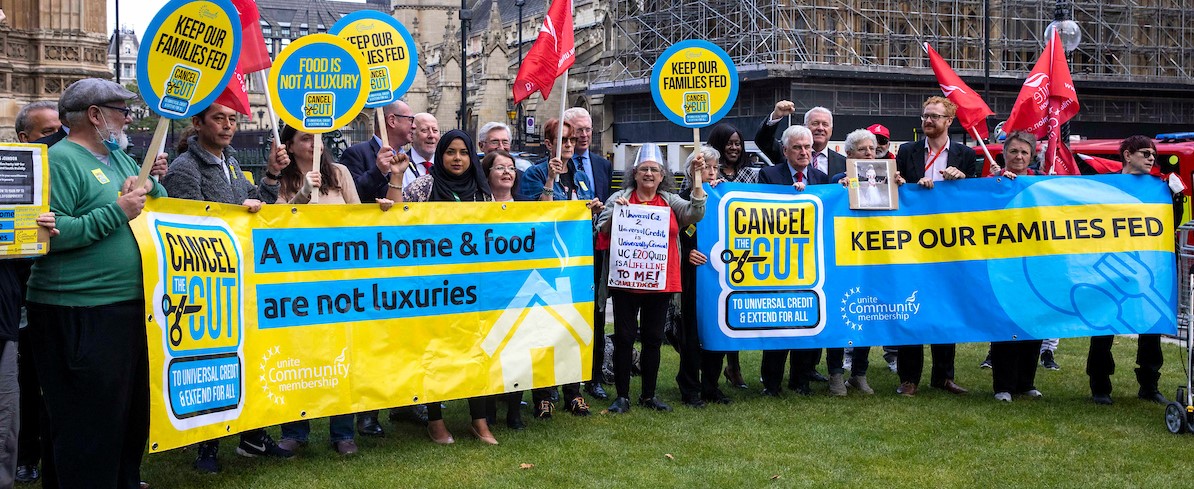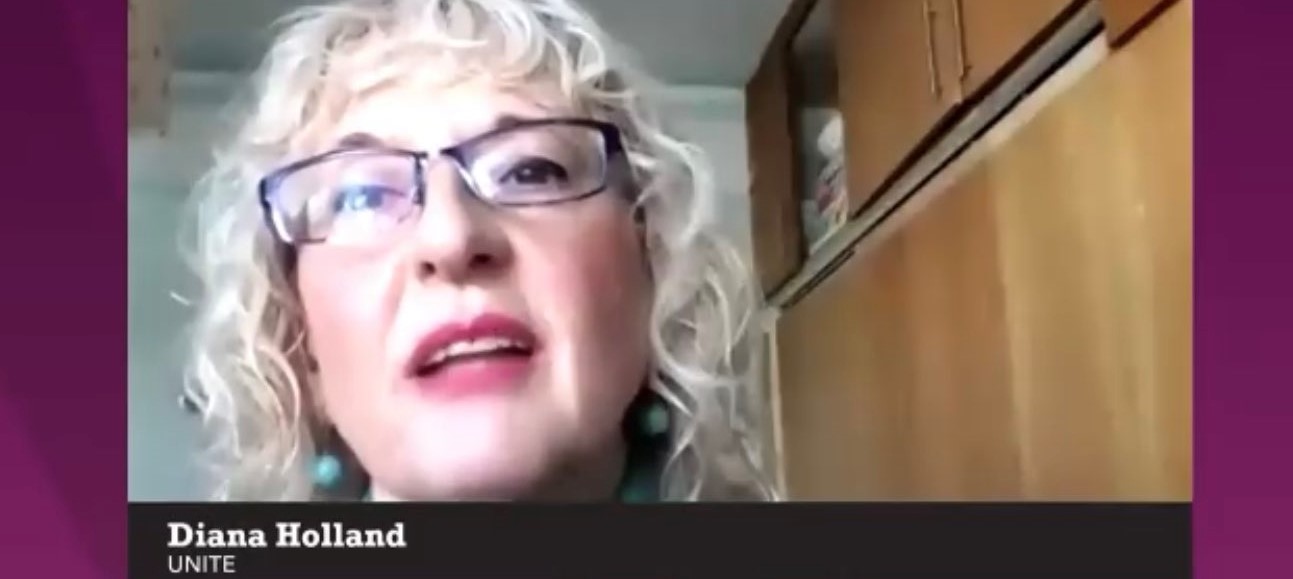â€Still the aliens’
For those on the spectrum, every day is a guessing day – and with it the terrifying thought that something needing logic will happen. It is at this point, when the day begins to fall in on itself and with meltdown inches away, it makes everything worse knowing most other people not on the spectrum wouldn’t be phased by such simple logic.
Even though many on the autistic spectrum are highly intelligent, this could be part of a bigger problem which causes us grief. Like others I always seem to fall down when that simple, five-lettered word “logic” kicks in. Even with something as easy as replacing a light bulb or trying to work out how Twitter works.
This is why now, in the twenty-first century, confidence drops, guilt kicks in along with anger and frustration because we are constantly told; no, not told, brain-washed, into thinking that we live in an inclusive society – what inclusive society?
In 1964, leaving school was traumatic because literacy was beyond me. I really did try, but me and school just didn’t happen. So instead I found myself on a faraway planet with a few others who, like me, were barely surviving. We were and still are aliens.
â€Desperate to be a sheep’
Years later I still feel I am one of those few who are still on that very same faraway planet. While back on earth I was desperate to be a sheep, to be like everyone else, but it just wasn’t going to happen.
In the mid-sixties, when jobs were plenty, leaving school barely literate was still a devastating thing. One of my first interviews after being sacked from the bakery because I couldn’t understand how to weigh the dough, was to fill in an application form for the next job.
I really, really tried to keep my writing between the lines, and tried my very best not to bunch it up at the end of the page, and tried my very best to get my spelling right, none of it was happening. It all looked like a spider had traipsed through it. The boss told me in no uncertain terms that he couldn’t read it, and neither could I.
Confidence
This was continual until I was given a gravedigger/exhuming job. No writing. No maths. Wonderful. It gave me confidence. It gave me the money to buy a house, have a family. For the first time in my life I was being me, and it all seemed so natural. I was now part of mainstream society.
Alright, many people may think that a gravedigger, using the same century-old techniques, could be seen as being on the periphery of society, but this was where I felt comfortable, safe and free. My life as a gravedigger was great. I had found my true self, until four years into the job I suffered a severe shoulder injury that needed surgery. So sadly my grave digging days were over.
I was terrified, I cried. That was until another physical job of gardening was found for me. It would be a job for life. A job that many, regardless of their status, see as a respectable job. I was one of the lucky ones. I had escaped.
But returning to my days at Heaton Cemetery, I met a young man, Bobby Brown, who may well have been classed as autistic, and who always wanted to be on his own. He would leave the cabin when overcrowded. He was just about verbal, and brought the same lunch of four spam butties and a chocolate penguin every day.
Bobby would help keep all the paths clear of mud and stones, making its safe for the mourners. He would help with making some of the wooden staging used for stacking â€the dig’, and cover the stack with the green drapes and lay out the ropes ready at the graveside to lower people down into eternity. Spades would be cleaned and set in the same place at the end of each day.
Disappeared
Bobby worked hard to keep the cabin clean and washed the cups. He was paid more or less the same wage because his was also an important job. It was a job he would have for life. Why have those jobs for life that Bobby and many thousands like him enjoyed, disappeared?
In today’s workplace, the grave digging jobs are all machine dug, which needs a driving licence. Building sites where young people could once get labouring jobs have been fenced around to keep out all those who are unable to complete health and safety applications. The list goes on and on for those young people, who are barely literate when leaving school.
So, what of today’s young people, those like Bobby and me who left school with the same traumatic thoughts? Unlike me, they can’t find physical work because most of today’s work is computer or writing/maths based, or even stacking selves – I can’t cope with anything stacked more than two high of whatever needs stacking. So those very same young people are told they have to go to back to college. Back into an education system that they had tried to escape from years ago.They have been pushed back to the beginning, back to a society that tries its best to squeeze them into a box they will never fit.
What future for them? There is no real future. Very few will be able to buy their own house, start a family. Future in the workplace for those who, like me, are on the autistic spectrum, and others with impairments, have no future.
 Like
Like Follow
Follow


